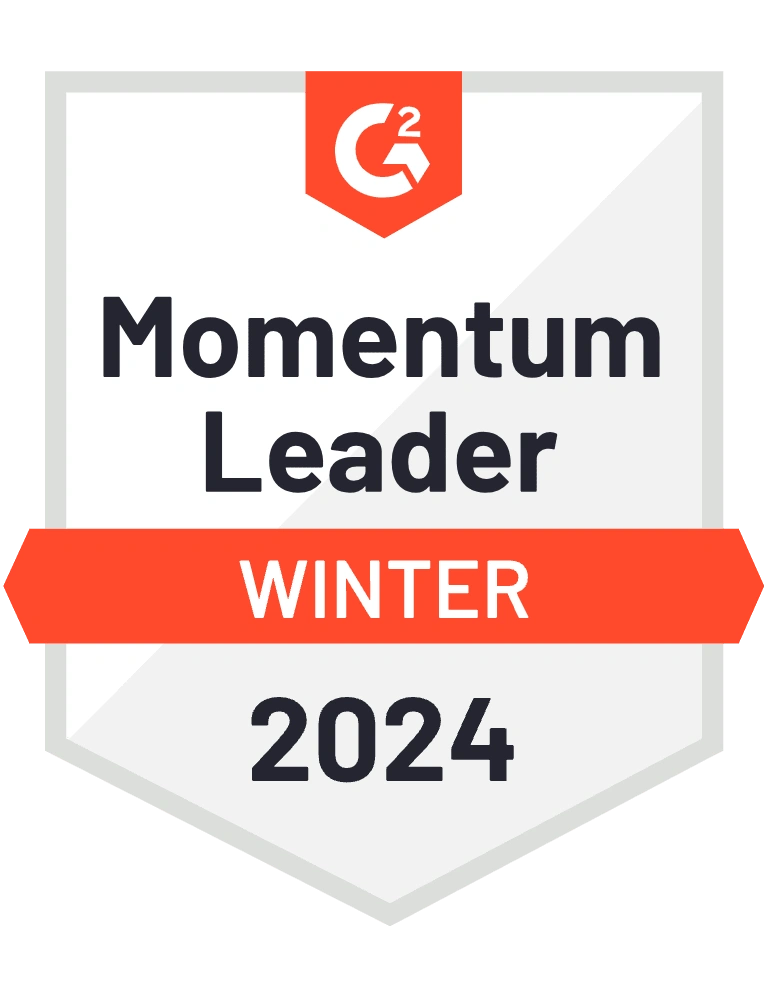
We tend to think of blockchains as technology, as currency. But I believe it represents a paradigm shift in how businesses are run at a foundational level: Provided that organizations know how to use them - especially given the FASB news of late.
Historically, crypto conferences like Avalanche Summit, Consensus, Bitcoin 202x, etc., are either tailored to specific protocols or are application-focused. But they never spend any time discussing how businesses are using digital assets despite the world’s largest organizations and institutional investors flocking to the space.
Bitwave is hosting the first Enterprise Digital Asset Summit (EDAS) to bring the industry’s greatest minds together with leading organizations to teach them how their businesses can take full advantage of the blockchain ecosystem.
Crypto veterans, product managers, C-levels, finance teams, no matter: if you are serious about the business applications of digital assets, DeFi, The Metaverse, and even non-fungible tokens, EDAS is for you. Join us the day before Consensus on Thursday, June 9th, for an action-packed day where you learn about:
- Accounting, tax, and treasury best practices to optimize business workflows and maximize profits at sessions hosted by OpenSea, Figment, and KPMG
- The state of the enterprise digital asset industry –– and a plug-n-play framework for how to take advantage of emerging trends and opportunities
- A keynote presentation from R “Ray” Wang, Founder, Chairman, and Principal Analyst, Constellation Research Inc., where you will learn how your business can participate in the Metaverse
But that’s not all. My favorite thing about crypto is the community, so we are hosting networking events to take full advantage of what Austin has to offer. Come meet like-minded professionals during breakfast, lunch, and happy hour events. Trust me, you will not want to miss this chance to participate in the discussion of how businesses can rewrite the rules with digital assets.


Disclaimer: The information provided in this blog post is for general informational purposes only and should not be construed as tax, accounting, or financial advice. The content is not intended to address the specific needs of any individual or organization, and readers are encouraged to consult with a qualified tax, accounting, or financial professional before making any decisions based on the information provided. The author and the publisher of this blog post disclaim any liability, loss, or risk incurred as a consequence, directly or indirectly, of the use or application of any of the contents herein.







